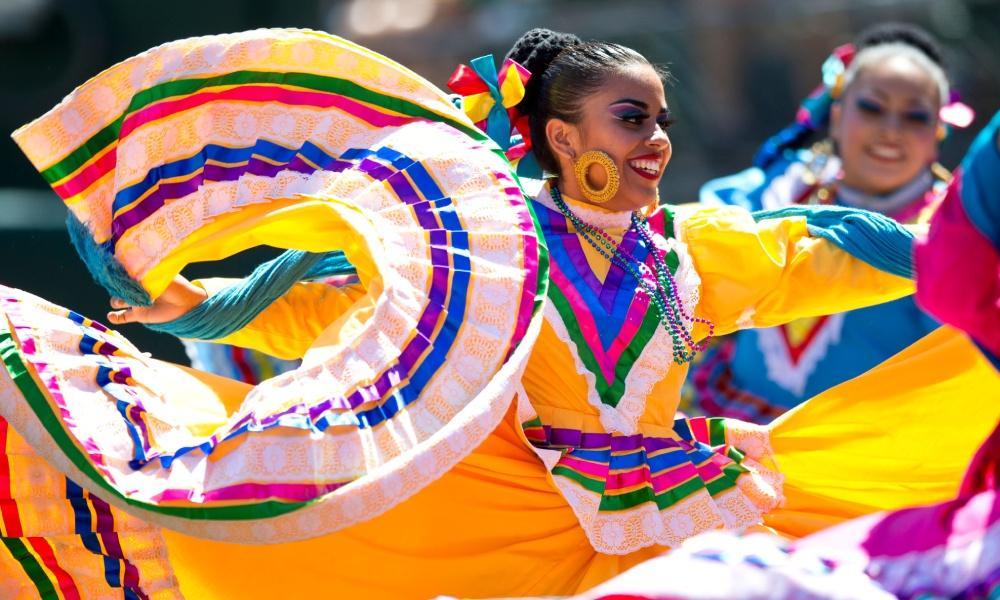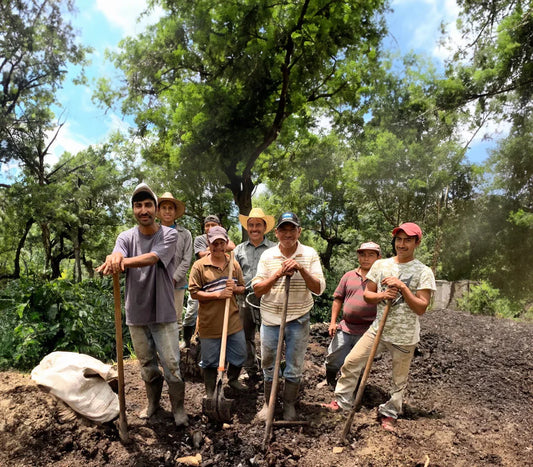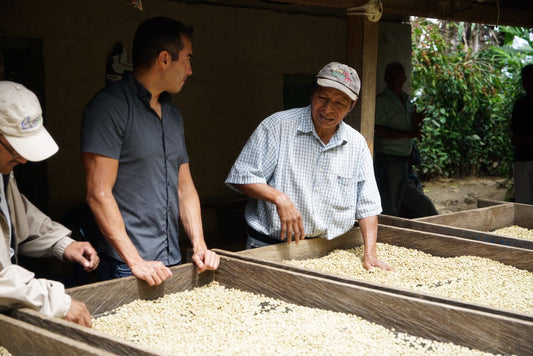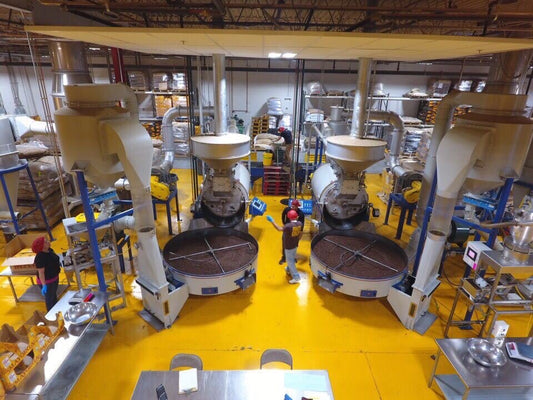
Not all Latinos Are the Same
While Latinos may share a language, continent, easy smile and love for good hip-shaking music, putting us in the same box dilutes a rich mestizo culture made up of many unique intricacies, says Denisse Coquet.
It’s no secret that people have a constant need to categorize, classify, or group. Not only things but other people, too: blond, tall, skinny….the list goes on. Whatever you call it, labeling people has its downside.
That’s because many people feel that their individuality is lost when they get grouped with others with whom they do not necessarily identify.
This is especially true for Latinos as there is a tendency, especially outside of Latin American countries, to group people from these countries together as one homogenous Latino.
In the US, for instance, Hispanic and Latino communities make up almost 20% of the population, yet we are still considered a single entity.
While it is true that Latinos share a lot, most of us share a language (arguably with regional dialects) a style of music, not to mention a particular liking for a good siesta and fiesta. Is it fair to put us all in the same group?
As Jamie Gelbtuch notes in an article for Sounds and Colours, an online platform exploring the underground culture in South America:
“Culture is complex. What we see on the surface – language, clothing, appearance, celebrations, art or architecture – is a reflection of deeper, underlying forces – history, geography, religion, values, attitudes, beliefs – that shape a country and its people.
“All of these ingredients and more make up a culture, but without a greater understanding of dynamics, we are left to wonder about the validity of our perceptions and stereotypes.”

Celebrating Cultural Differences Among Latinos
Originally from Honduras, Juan Angel has lived in Germany, Switzerland and the US, and has a decent understanding of how it feels to be an “outsider” (our label, not his).
Even though Juan learned the languages of the countries he lived in and could communicate effectively, there were still cultural differences. This, Juan says, is why Latinos tend to stick together.
“Of course, when I hang out with Latinos, it’s full of emotions and it feels like home,” Juan says. “That is one of the main reasons why maybe we Latinos stick together, because being with people from our culture (even though we might be somewhat different) makes us feel at home.”
Cultural differences also set Latinos apart from other North Americans, as Juan notes: “We are loud, party-full, crazy and just a bit ‘too happy’ and non-Latinos might struggle to understand this at times.”
But just because Latinos like to hang out together doesn’t mean that we should all be grouped together. Culturally, we are very different and this generalization strips us of our identity.
Each Latin American country has its own set of customs, cuisines, slang words, and habits. Shouldn’t we all be celebrated and identified for the differences we have?
Take language, for instance. While both Argentina and Guatemala use Spanish as their main language, they differ greatly in their use of grammar, conjugations and body language.
Argentinians are famous for “talking with their hands” and have very expressive body language, while Guatemalans use many words of Mayan origin. For instance, some refer to a siesta as a cuaje.
In addition, Argentinians also have a unique way of pronouncing certain letters such as a double “L”. While most Latin American countries (and Spain) would pronounce the double “L” in pollo as a “y” sound (“poy-yo”), Argentinians pronounce it “po-sho”.
And these are only differentiations in language; a deep dive into the culture reveals even more differences.

Breaking Stereotypes
It’s easy to fall into the trap of grouping people from the same geographical region together.
It is even easier to lump us together when we also share a language as is the case with Latin American countries. Yet, a shared language does not equate to shared values or behaviors.
As Jamie points out: “When cultural patterns are only slightly different, it can be harder to see the variations than when comparing countries that are more obviously distinct.”
So how then can the perception of all Latinos “being the same” be changed so that people truly get to understand and appreciate us for our individuality?
Juan feels that, despite the work of initiatives which aim to celebrate the individuality of Latino communities, more needs to be done.
“I believe they are just very simple attempts to demonstrate the individual Latino culture”, Juan says.
But, Juan points out that Latinos, too, are sometimes guilty of operating under an umbrella label. “I think this is because when Latinos find each other in a different country, then Latin America becomes a single country or culture which we promote as such.”
So it is not only non-Latinos who generalize, but many of us don’t take the initiative and seek out individuality.
Why is this?
“Because we are the only people in the world who are so immensely different and diverse,” Juan says. “We are black, brown, white, yellow, red-haired, blond and black-haired. We are Asian Latino, Anglo Latino, African Latino and Arab-Latino. We are 100% a mestizo culture, yet we are also one. Something no other continent or group of countries share.”


